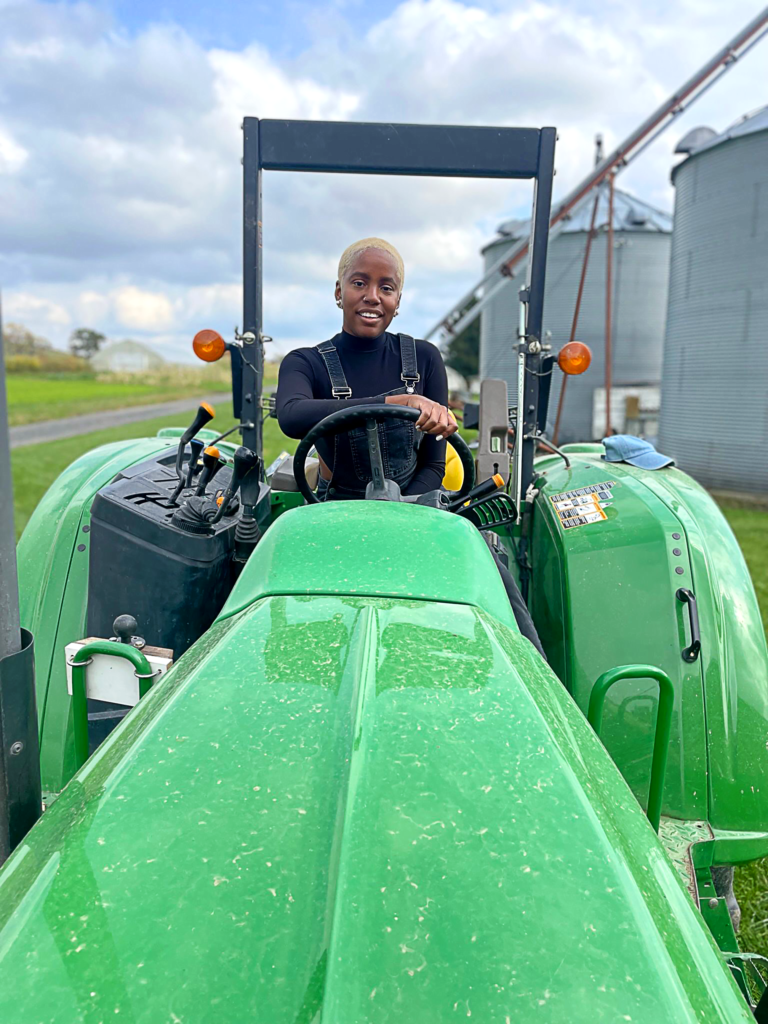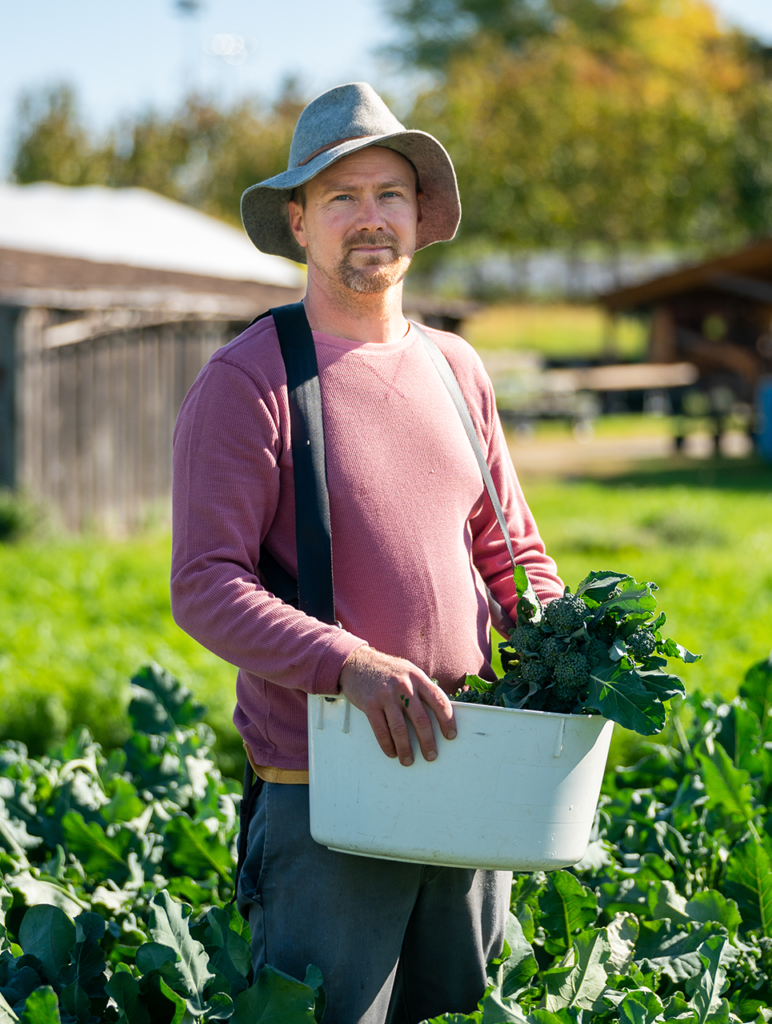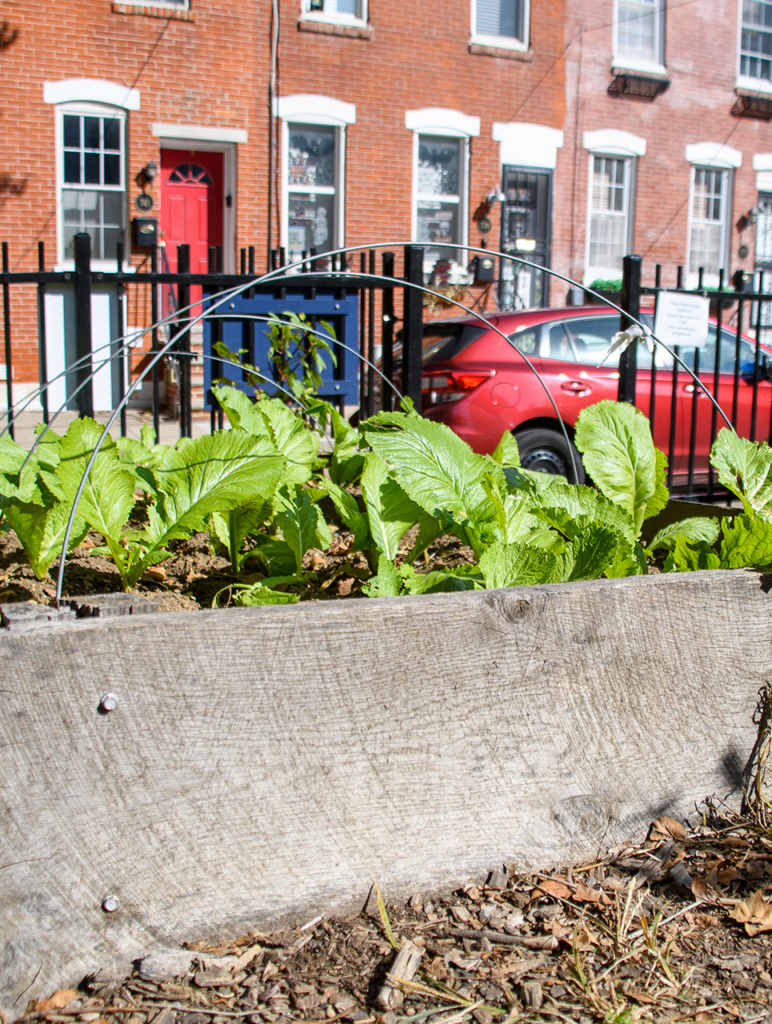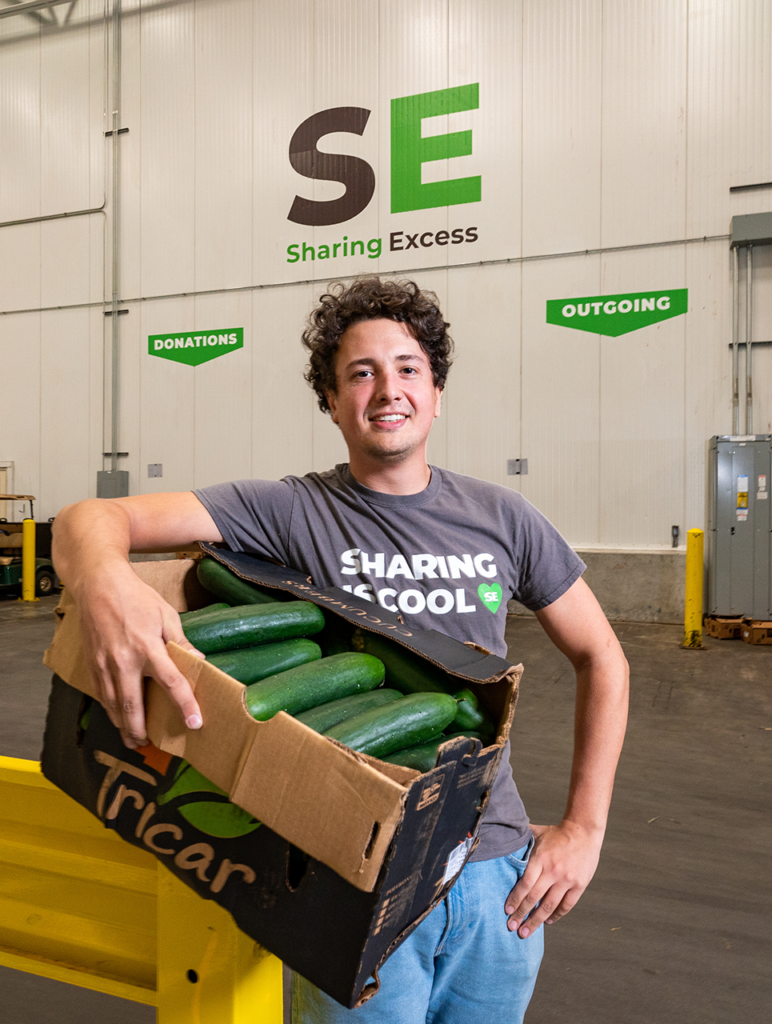It can be easy to get discouraged these days. Everywhere we look, there are signs of a struggling planet and, often, it’s difficult to see a clear path to an effectual response. 2022 may well eclipse recent years as the hottest on record. Rainfall has alternated between being absent or violent in Pennsylvania, one of the most flood-prone states. Thirty-year projections single out Philadelphia for the highest increases in flood damage in the state. So, what is one person to do? Get educated, make positive personal choices and get involved politically.
The Inflation Reduction Act is the largest federal investment in battling climate change to date and includes $20 billion in funding for sustainable agriculture practices. With its passage in August, the United States has seen the beginning of a meaningful response to the climate crisis. Then, in September, the USDA awarded the first of two rounds of grants, totaling $2.8 billion, to advance climate-smart agriculture. We need to keep this momentum going by looking toward our next major opportunity to do good for our planet, our farmers and our food system at large: the 2023 Farm Bill.
Many farmers, especially sustainable agriculture farmers, think the Farm Bill doesn’t serve them; they even opt out of its programs, finding them hard to access and mired in too much red tape. And most non-farmers aren’t aware of the Farm Bill’s programs or ability to drive environmental outcomes at all. And yet, this one piece of legislation directs almost $1 trillion in spending every five years and has enormous capacity to make things better (or worse), so focusing on the potential for improvement as the Farm Bill undergoes reauthorization is worthwhile.
Three-quarters of Farm Bill funding supports nutrition programs like the Supplemental Nutrition Assistance Program (SNAP), formerly known as Food Stamps. The rest is largely split between commodity supports for crops like corn, soybeans, rice, sugar and wheat; crop insurance payments for farmers under contract for lost production; and, of much relevance to this conversation, conservation programs, which provide farmers with cost-shares to implement conservation practices like cover cropping, reduced tillage, planting trees and rotational grazing — all practices that help sequester carbon and mitigate climate change.
So how can you get involved in making the Farm Bill work better for the planet? The simplest way is to start at home, with your grocery and food choices. Purchasing goods at farmers markets supports locally-grown products that don’t require bi-coastal transportation and all the greenhouse gas emissions that causes. This goes for meats as well as vegetables, dairy and baked goods. Or join a community supported agriculture (CSA) food box program, weighing risks with your farmer (customers get or don’t get product due to crop abundance or failure), and get locally-grown products delivered to your door or your community. Or buy organic products to support farmers who limit chemical fertilizers that can end up in streams and the air.
To amplify your voice, share your concerns and personal shopping choices with your elected representatives, and press them to support changes in the Farm Bill that will offer more support for local farm production and processing, more support for farmers markets and infrastructure help for producers.
The Farm Bill should be working harder to enable beginning and historically underserved farmers who want to access land and acquire necessary equipment. It should be linking the use of better conservation practices to any crop insurance support farmers get. It should promote tree planting (for crops, or shade, or water protection), soil health and other practices that are known to sequester carbon and mitigate flooding.
Finally, educate yourself on where your food comes from, how it’s produced and what that production is doing to the planet. Ask your farmers about their conservation practices, and what help they could use. Pasa Sustainable Agriculture has many resources to help you learn — from listening sessions to blogs to on-farm events. Maybe you’ll be inspired to help a farmer, become a more responsible eater or even become an advocate for a better Farm Bill.









